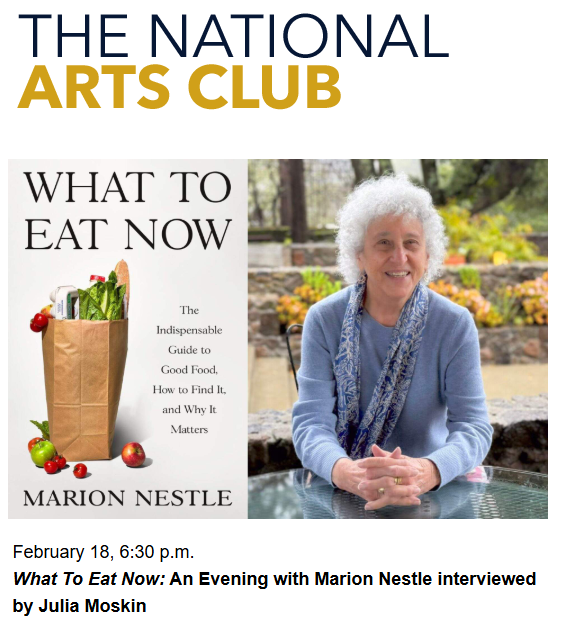Oh no! Not another food quality rating scheme!
This time it’s Sara Lee, which has just introduced yet another scheme for showing off how nutritious its products are. Thanks to FoodEducate for alerting me to this one and also for this site’s excellent history of such schemes from 1862 to now. All of these schemes can be manipulated so the packaged foods look like they contain more nutrients than real foods. FDA: take this on, please.
Update January 15: And now Jewel-Osco stores join the party. I’d say this has gotten completely out of hand.
Update January 17: Add Nutrition IQ from the Supervalu supermarket chain to the list.


